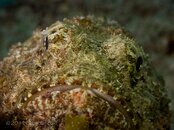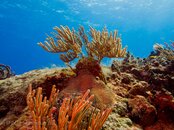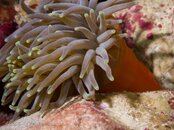** Reposted under photography.
Light is key in taking good pictures; yet I'm not yet ready to purchase a ton of equipment and want a compact solution.
I've rented cameras from dive operators; with disappointing results.
I'm looking for a camera and housing recommendaiton and is there an easy way to get some extra light?
Thanks
Light is key in taking good pictures; yet I'm not yet ready to purchase a ton of equipment and want a compact solution.
I've rented cameras from dive operators; with disappointing results.
I'm looking for a camera and housing recommendaiton and is there an easy way to get some extra light?
Thanks







